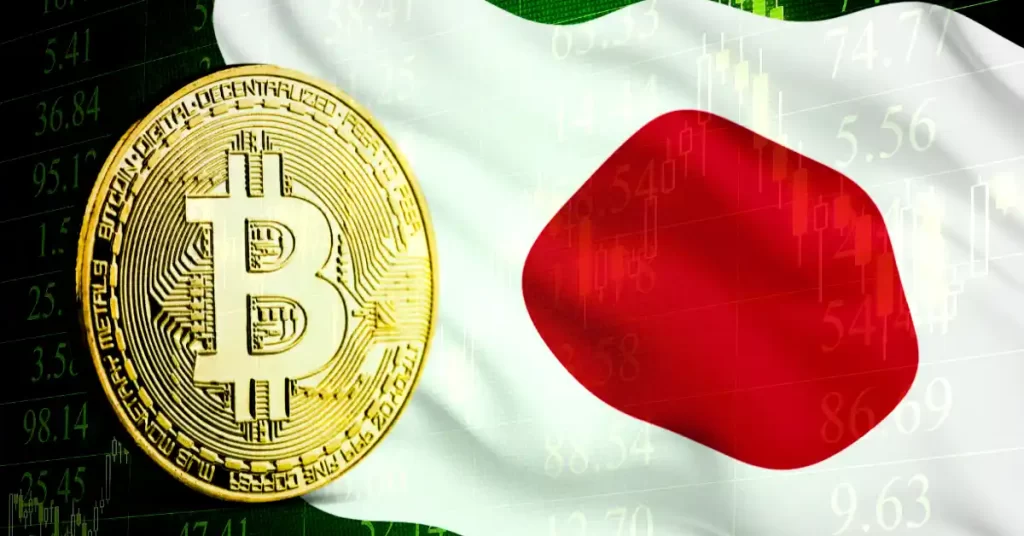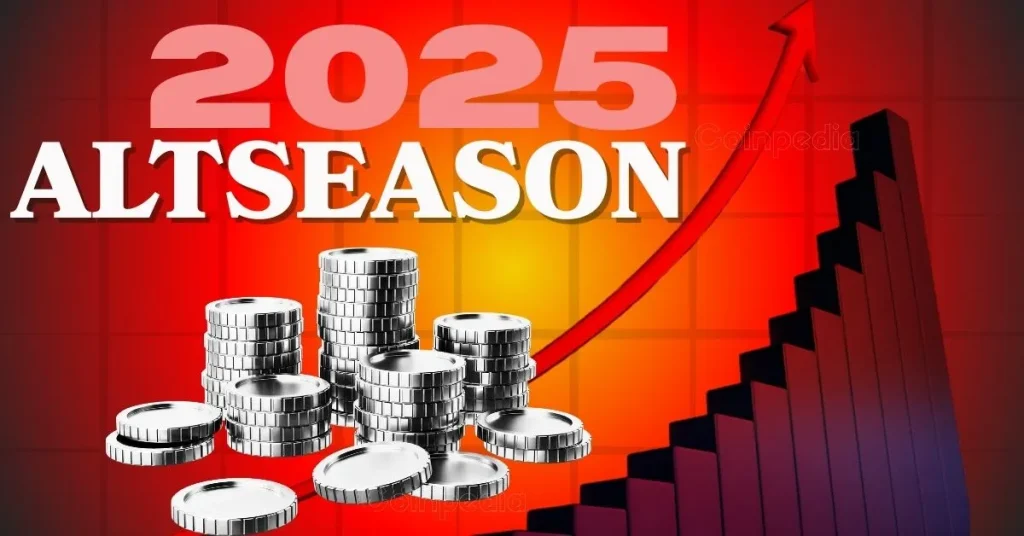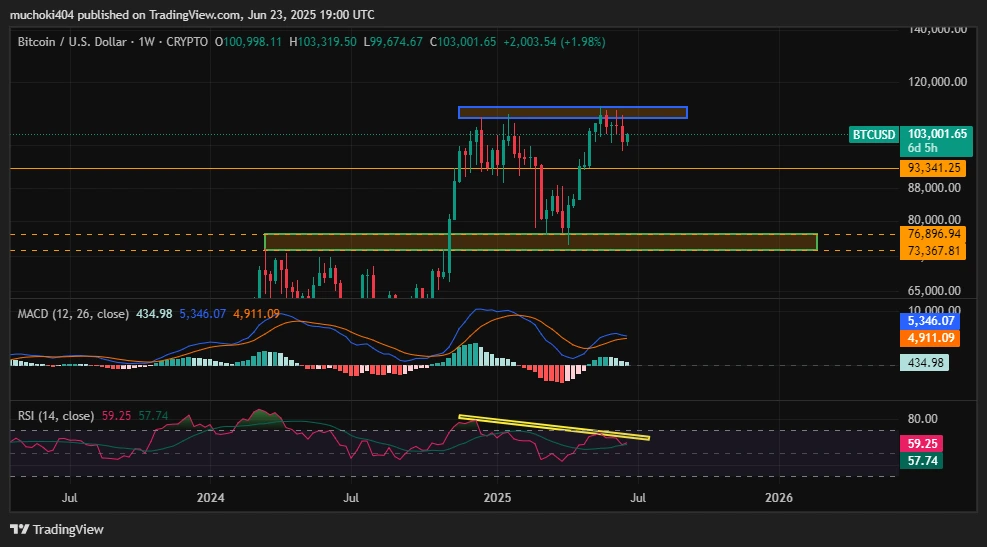
The post Japan’s Crypto Regulations Update: New Rules for Bitcoin, Ethereum & Utility Tokens appeared first on Coinpedia Fintech News
Japan’s Financial Services Agency (FSA) in a latest discussion paper has proposed updates to crypto regulation. It plans to divide digital assets into two categories so that it could be regulated better and aims to make crypto rules more effective and easier to apply.
The agency demands public feedback on the proposal before finalizing it and is open to opinions and suggestion until May 10, 2025.
Two-Tier System
It has proposed a two-tier system based on how funds are distributed. Under Type 1 are the tokens used for business or in raising funds for the parent project. This also includes altcoins from budding projects that still need funding to grow. Some utility tokens fall into this category.
Under Type 2 are the more established and decentralized tokens like Bitcoin and Ethereum that do not issue tokens to raise funds for their Business. The assets are subject to different set of regulations based on which category they fall, suiting different features.
Type 1: Focus On Disclosure
The FSA emphasized that for Type 1 crypto assets (which are used for business or fundraising), the projects have to clearly explain their plan to use the raised funds. The goal is to protect investors by ensuring that there is more transparency and accountability in the projects.
Therefore the Type 1 token issuers would need to disclose in details about the purpose, project details and the risks associated in investing. They are also expected to follow FSA rules, including regular disclosure requirements.
Once the Type 1 crypto assets gain large number of investors, then the projects will be evaluated to check if they could be subject to security token regulations. The FSA will not be dealing directly with the issuers of Type 1 crypto projects as it’s hard to identify a specific issuer.
The Financial Services Agency stated that “with regard to type 1 cryptoassets, there is a strong need to eliminate the information asymmetry between issuers and users regarding the purpose of use of the raised funds and the content of the project, etc.”
Type 2 to be Regulated Through Exchanges
It plans to regulate Type 2 crypto assets through crypto exchanges. Exchanges need to report major price fluctuations that could impact the market. The committee also plans to continue reviewing while considering the public feedback and how other countries are regulating crypto.
The paper outlines key financial issues focusing on disclosures, business conduct, guidelines for entering the market and prevent inside trading. However it does not touch upon crypto taxes.
Japan’s Changing Stance on Crypto
Japan, which once used to be more restrictive, is now changing its stance towards crypto. In a major move, the regulators are also considering lifting the ban on crypto ETFs which has sparked excitement in the community. The agency also aims to revise the Financial Instruments and Exchange Act by 2026, where cryptocurrencies will longer be viewed as just payment tools, instead its own financial product category.
After a Type 1 project gains large number of investors, then the projects will be evaluated to check if they could be subject to security token regulations.
The FSA will regulate Type 2 crypto assets through crypto exchanges and also requires the platforms to report major price fluctuations that can impact the market.








 (@paoloardoino)
(@paoloardoino)